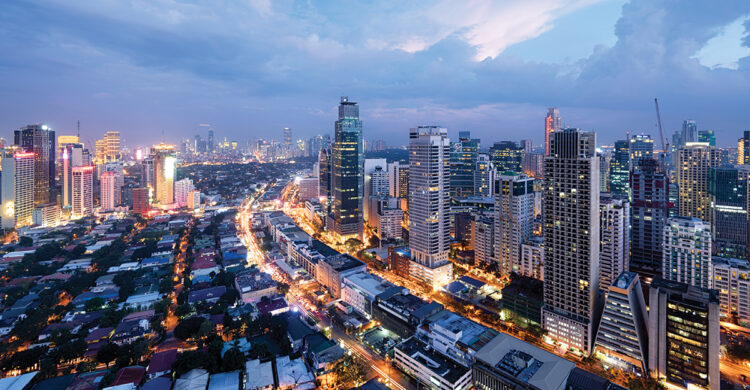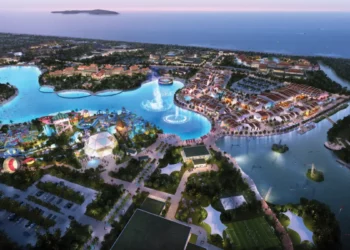Casino revenues across the Philippines have tempered to an extent this year, raising some concerns that the hugely positive post-COVID sentiment around the nation’s gaming industry may have been somewhat overblown. But if the famous phrase “Follow the money” teaches us anything, it’s that the investment community tends to know a good thing when it sees it.
What has stood out to me in recent months is the enthusiasm of existing and potential Philippines-based investors to pursue new casino and integrated resort projects.
Local tycoon Manuel Villar Jr revealed last year that he wants to develop two integrated resorts with casinos and in July confirmed that he expects to open the first of those in Las Pinas, not far from Ninoy Aquino International Airport, in 2025. Days later it was revealed that Premium Leisure Corp, the local partner of Melco Resorts & Entertainment in City of Dreams Manila, has filed an application for a license to develop a casino resort in Clark. Sources have told IAG that a number of similar proposals for developments in Clark are awaiting approval either from gaming regulator PAGCOR or the Clark Development Corporation.
Hann Resorts, operator of Clark’s Hann Casino Resort, is also said to be considering an initial public offering as it continues its phenomenal expansion of the past few years. Hann’s existing casino is by far the market leader in Clark and the company is well advanced in building an uber-luxury golf and leisure resort on 450 hectares in nearby New Clark City.
Clearly these companies have full faith in the long-term potential of the Philippines market.
Other projects are also waiting patiently in the shadows. Bloomberry Resorts Corp, which only recently opened its second Manila integrated resort – Quezon City’s Solaire Resort North – will in the coming years get to work on a third, having purchased last year a large plot of land in Cavite to the south.
Likewise, Cebu’s stalled Emerald Bay project has attracted interest from at least two Manila IR operators – even if preliminary agreements ultimately fell through – and it seems only a matter of time before someone picks up the slack.
It is on the back of these many new projects that industry suppliers are building out their Philippine-based teams or in some instances relocating their Asian offices to the Philippines completely. Certainly you would be hard pressed finding any land-based supplier that isn’t either opening a Manila office or expanding their existing presence.
Backed by a regulator that is keen to take advantage of the tourism and taxation opportunities the gaming industry presents, it seems inevitable that PAGCOR’s vision of the Philippines becoming Asia’s clear No.2 behind Macau is only a matter of months away, if not already here.





























